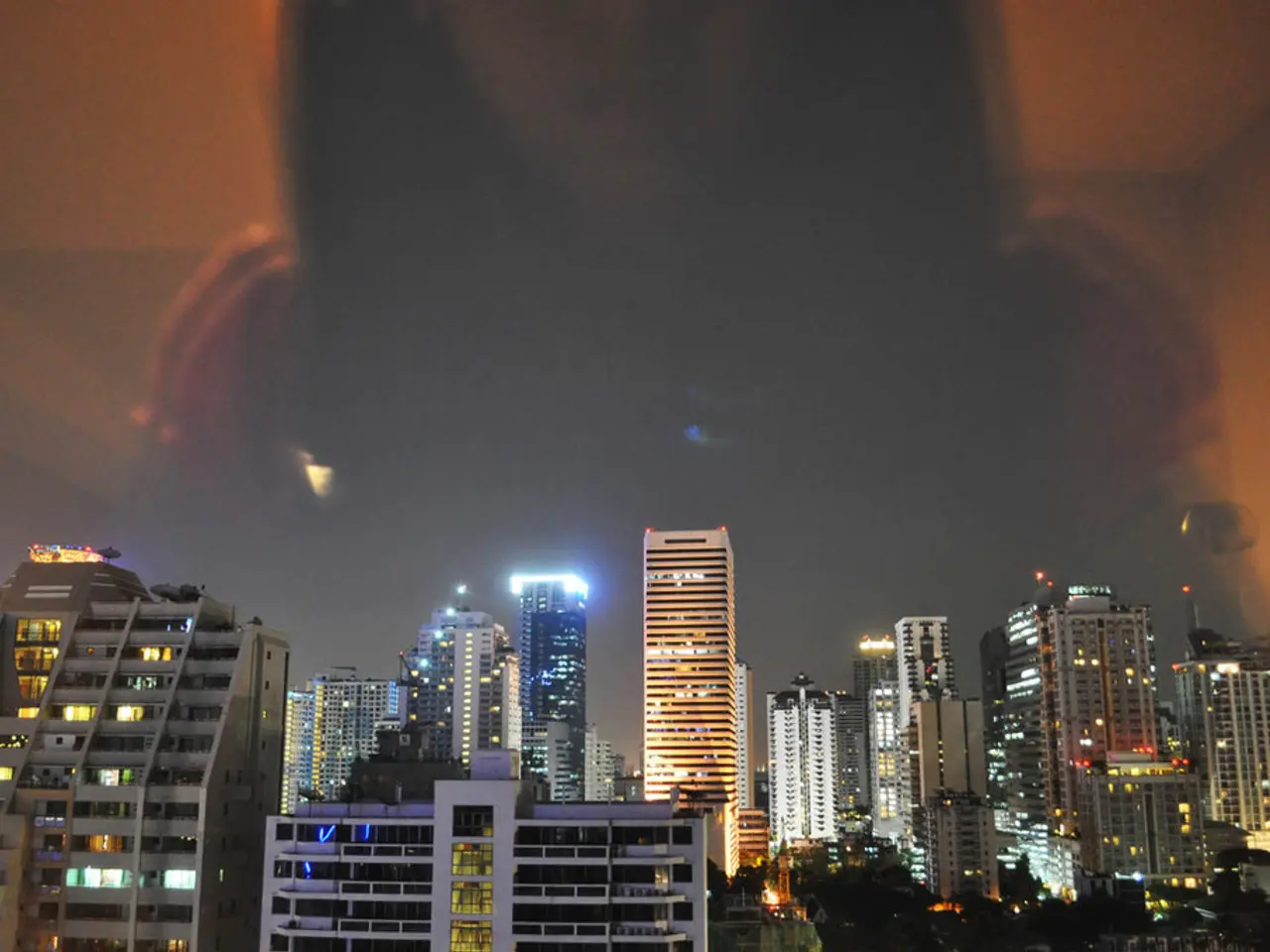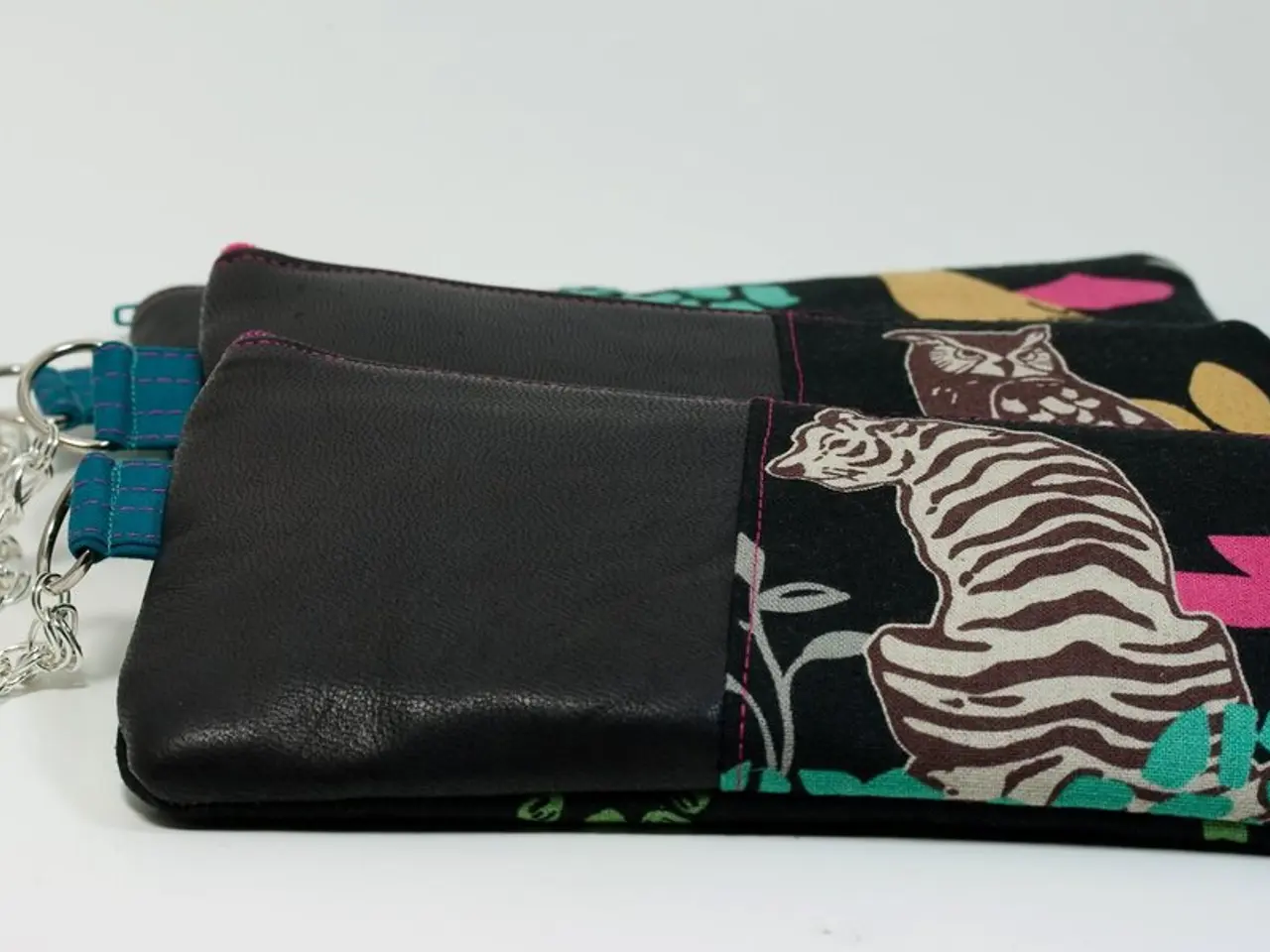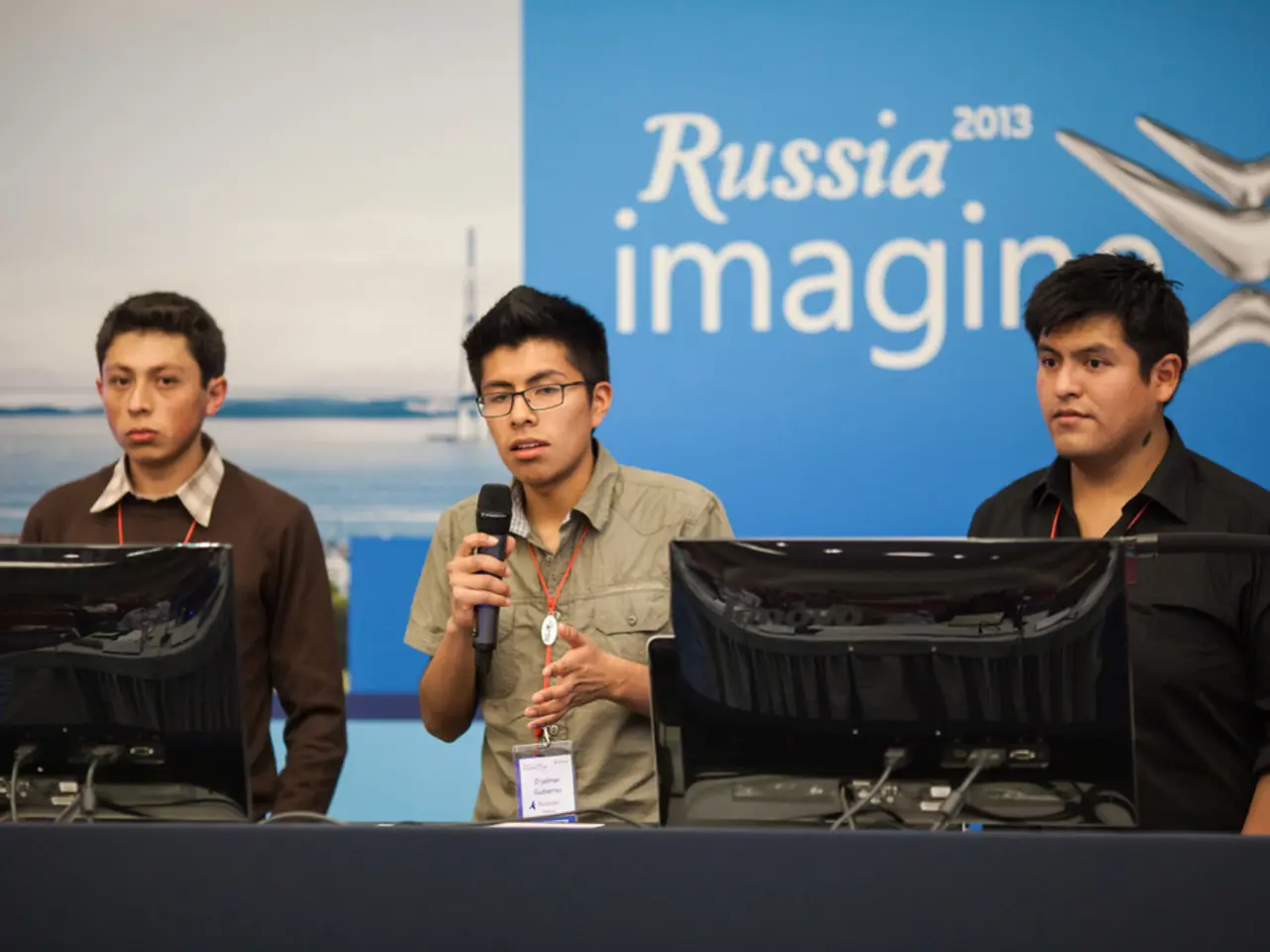Drive Towards Green Energy in UAE: Forging a Durable Eco-friendly Future
In the heart of the Middle East, Dubai and the United Arab Emirates (UAE) are making significant strides towards a sustainable future. The region's renewable energy initiatives are reshaping the landscape, transforming Dubai into a global leader in sustainable urban development and positively impacting both the economy and the quality of life for residents.
The UAE's Clean Energy Strategy, set for 2050, aims to generate 50% of its electricity from clean energy sources, primarily solar, by the mid-century. This ambitious goal, if achieved, will cut carbon emissions by 70% and help the country reach net-zero emissions.
Dubai, in particular, is spearheading this green revolution. The city is home to bold green building initiatives, such as the retrofitting of over 9,000 government buildings to significantly reduce electricity and water consumption. These efforts are part of the Dubai Demand Side Management Strategy 2050, which targets a 30% reduction in energy and water use by 2030 and 50% by 2050.
Major ongoing projects include the Mohammed bin Rashid Al Maktoum Solar Park in Dubai, planned to become the world’s largest solar park with a capacity of 5,000 MW. This project, along with others like the Al-Ajban Solar Park in Abu Dhabi, represents a significant leap from zero renewable energy capacity a decade ago to 5.6 gigawatts in 2022.
Looking ahead, the UAE and Dubai have set their sights on ambitious future goals. These include achieving net-zero carbon emissions by 2050, expanding renewable energy generation to cover 50% of electricity needs by 2050, and reducing energy and water consumption by half in Dubai’s buildings by 2050.
The future of renewable energy in the UAE is not limited to solar power. Masdar, Abu Dhabi's renewable energy company, is spearheading hydrogen projects and aims to make Abu Dhabi a top-10 global producer by 2031. The Abu Dhabi Hydrogen Alliance, launched in 2021, aims to develop low-carbon green and blue hydrogen for domestic use and export.
The green economy is creating opportunities for international companies specializing in solar, wind, and environmental technologies to collaborate within the UAE’s expanding market. This is further enhanced by policies such as the recently introduced 10-year Blue Residency visa for environmental experts.
Residents of Dubai are also benefiting from these initiatives. They experience a cleaner urban environment as Dubai accelerates sustainable urban planning, including green building standards and increased renewable energy use. The integration of AI and IoT technologies in energy management improves reliability and reduces carbon footprints, aligning with citizens' growing environmental expectations.
Dubai's renewable energy push brings tangible benefits to residents, such as lower utility costs and improved living standards. Initiatives like DEWA's smart meters and energy-saving campaigns empower residents to monitor and reduce their energy consumption.
The UAE's regulatory framework encourages private-sector participation in renewable energy projects. Dubai's Dubai Green Fund, worth $27 billion, offers low-interest loans to investors in renewable projects. Rooftop solar panels, supported by net metering, allow homeowners to lower electricity bills and contribute to the city's sustainability goals.
The UAE's renewable energy revolution invites businesses and residents to be part of a brighter, greener future. The country's commitment to innovation is demonstrated through projects like the Mohammed bin Rashid Al Maktoum Solar Park and the Hatta hydroelectric plant. The UAE Energy Strategy 2050 aims to generate 50,000 green jobs by 2030, further solidifying its position as a global leader in sustainable development.
[1] Dubai Supreme Council of Energy. (2021). Dubai Demand Side Management Strategy 2050. Retrieved from https://www.se.gov.ae/en/initiatives/dubai-demand-side-management-strategy-2050 [2] International Renewable Energy Agency (IRENA). (2022). UAE Country Profile. Retrieved from https://www.irena.org/-/media/files/irena/agency/publication/2022/mar/irena-uae-country-profile-2022.pdf [3] World Green Economy Organisation. (2022). World Green Economy Summit 2022. Retrieved from https://www.wgeo.org/wges-2022 [4] Dubai Media Office. (2021). UAE Cabinet Approves 10-Year Residency Visa for Specialised Talents. Retrieved from https://dubaimediaoffice.com/news/uae-cabinet-approves-10-year-residency-visa-for-specialised-talents
- International partnerships in solar, wind, and environmental technologies are being fostered in the UAE's expanding market, driven by the country's transformation towards a sustainable future.
- The UAE's Clean Energy Strategy, aiming for 50% clean energy generation by 2050, is a significant investment in the nation's sustainable development and a commitment to the environment.
- The development of renewable energy initiatives in the UAE is not only reshaping the landscape but also leading to a healthier community, with initiatives like cleaner urban environments and reduced carbon emissions.
- Leadership in sustainability is a key aspect of the UAE's future, as the country strives to reach net-zero carbon emissions by 2050 and expand renewable energy generation to 50%.
- Collaboration within the UAE's green economy is essential for the successful implementation of ambitious projects, such as the Mohammed bin Rashid Al Maktoum Solar Park and the Al-Ajban Solar Park.
- The future of transportation in the UAE is becoming increasingly sustainable, with a focus on expanding renewable energy sources and promoting electric and autonomous vehicles.
- The integration of AI and IoT technologies in energy management is an important step towards a more efficient and sustainable lifestyle in Dubai, aligning with the growing environmental expectations of its residents.
- The growth of the UAE's renewable energy sector is contributing positively to the economy, creating 50,000 green jobs by 2030 as part of the UAE Energy Strategy 2050 and attracting international business.
- Safety and sustainability are integrated in the UAE's renewable energy projects, with initiatives like the Hatta hydroelectric plant, which uses run-of-the-river technology to minimize environmental impact.
- By supporting rooftop solar panels and offering low-interest loans through the Dubai Green Fund, the government encourages businesses, homeowners, and residents to participate and contribute to the UAE's renewable energy revolution, ultimately shaping a brighter, greener future for all.




